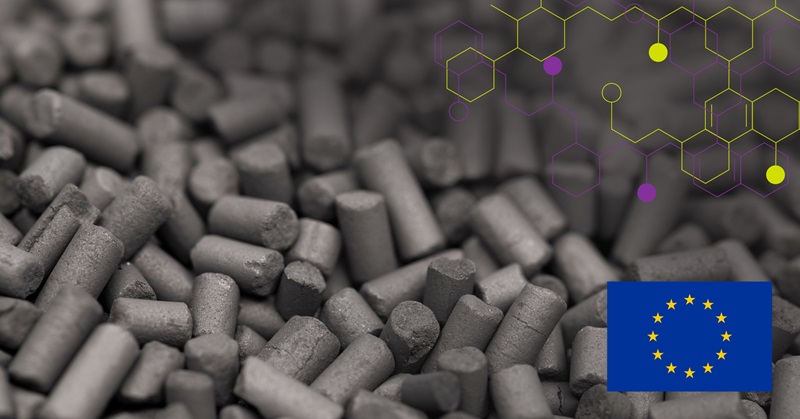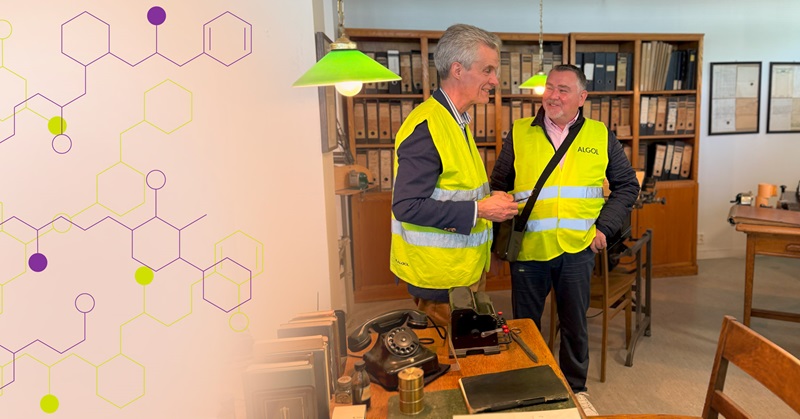What does Brexit mean for the chemicals industry?
Since June 2016, when the people of the UK voted in a referendum to leave the European Union the news has been full of Brexit .However, in the months since, there has been no clear answer to the question of how and on what terms the country should make its departure. With the UK currently tied to the EU’s REACH Regulation, the result of the referendum has caused inevitable concern among stakeholders within the chemicals industry. And a succession of parliamentary debates and votes have only served to prolong the considerable uncertainty that the industry is facing.
According to Cefic (The European Chemical Industry Council), the UK contributes on average 9% (€46.3bn) of total EU28 chemicals sales of €531bn. EU chemicals exports to the UK are around €22.3bn, while EU chemicals imports from the UK total €20.3bn.
The impact of Brexit on businesses on both sides of the Channel will be huge and touch all industrial sectors across Europe. For the past two years, the EU 27 and UK have been negotiating the Withdrawal Agreement, which establishes the terms of the UK’s exit from the European Union. The Withdrawal Agreement is central in the process, as it outlines the first steps of the UK’s withdrawal from the EU and provides the terms for a transition period until the end of 2020. However, as the negotiations have been tough between the parties, there is a risk that the UK will now leave the EU without any agreement. The chemical industry is concerned that a no deal Brexit would leave too little time for businesses to prepare and would lead to major economic disruptions.
The general concern towards Brexit is based on two major reasons: Its impact on the countries’ trade relations and the chemicals management system REACH. For the latter, Cefic highlights that if the UK were outside REACH post-Brexit, this would require companies on both sides of the Channel to duplicate pre-existing registration duties for a UK-REACH. This would not only weaken the international competitiveness of both EU and UK based chemical companies but, more importantly, also risk divergence of health, safety and environmental levels of protection on both sides.
The consequences of the UK’s withdrawal from the European Union on companies will depend on their role in the delivery chain pursuant to the chemical legislation. When a company operating in the UK becomes a non-EU company, the role of distributors and downstream users in the delivery chain will change so that in many cases they will become importers in the EU.
Substances that require REACH authorisation can no longer be used on the basis of authorisations granted to UK-based suppliers after Brexit. These substances can only be used on the basis of authorisations granted to suppliers based in EU/EEA Member States, or the user will need to apply for authorisation themselves. Authorisations are granted by the ECHA.
UK-based manufacturers and formulators can transfer their authorisation to an only representative based in one of the remaining 27 EU Member States or the EEA.
The manufacturers can also transfer their authorisation or pending application for authorisation to a new only representative based in the EU-27/EEA, appointed by the non-EU manufacturer. However, UK-based importers cannot transfer their authorisation to an only representative in the EU-27/EEA. Many UK-based manufacturers have already transferred some of their manufacturing to the EU-27 countries or started the preparations for doing so when needed.
We at Algol Chemicals have contacted all our UK-based suppliers in order to secure smooth deliveries after Brexit. If realised, Brexit is likely to cause some delays with deliveries, but otherwise the availability of products from the UK is secured so that business can continue as usual. Our UK-based suppliers are also committed to continuing their compliance EU regulatory standards regarding, for example, REACH, BPR and Product Labelling and Safety Data Sheets (CLP) after Brexit.


